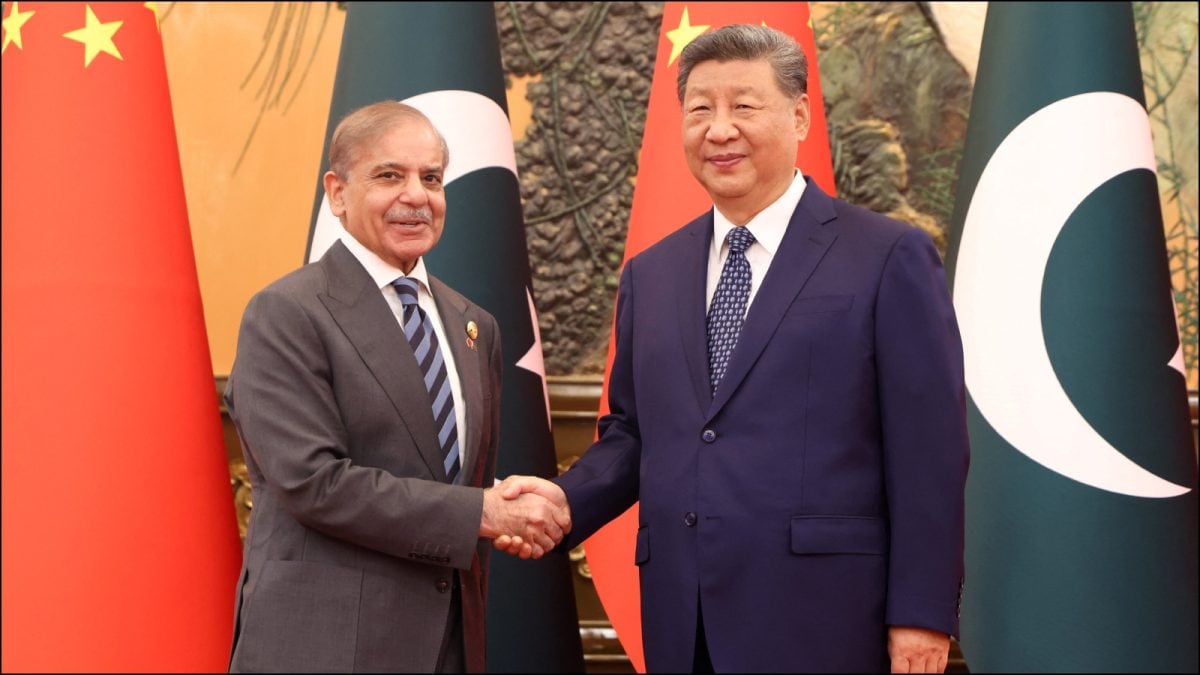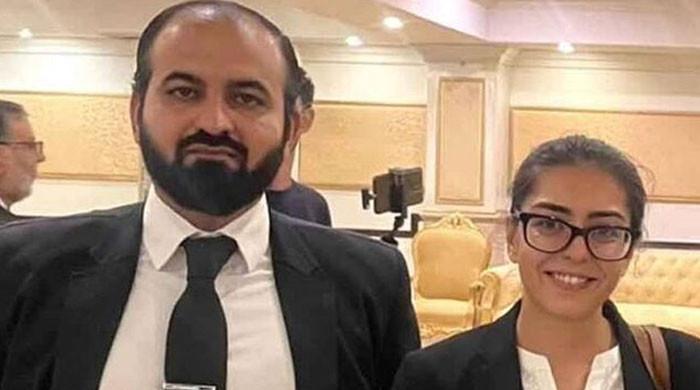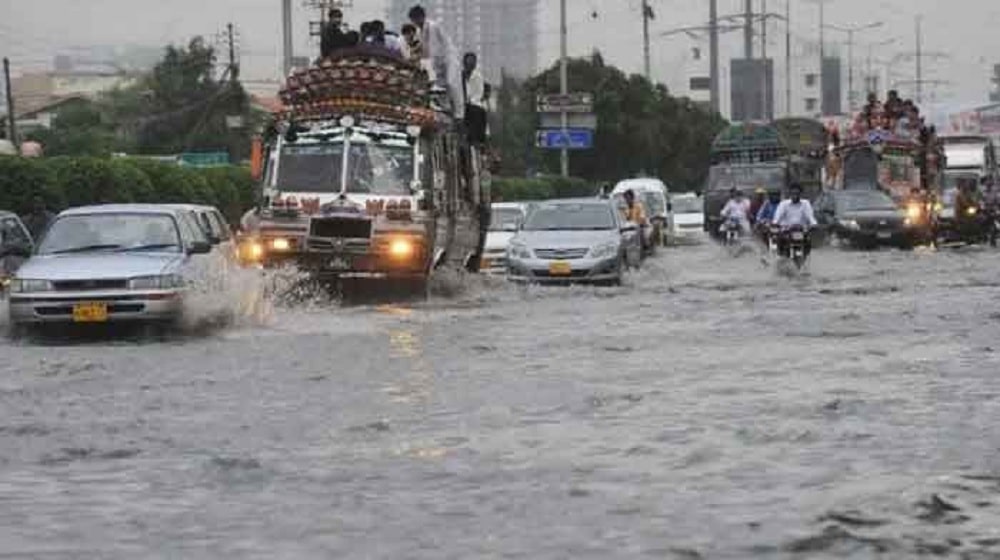- Russian Embassy expresses condolences over Gul Plaza fire in Karachi RADIO PAKISTAN
- Gul Plaza inferno death toll rises to 21; Sindh CM announces Rs10m compensation for victims’ families Dawn
- Massive fire engulfs dozens of shops at a shopping mall…
Category: 1. Pakistan
-
Russian Embassy expresses condolences over Gul Plaza fire in Karachi – RADIO PAKISTAN
-

Chinese President Xi Jinping To Visit Pakistan Soon, Says Shehbaz Sharif | World News
Last Updated:
Xi Jinping’s expected visit will come as Pakistan’s engagement with the US has gained momentum, which has raised eyebrows in Beijing.

Pakistan Prime Minister Shehbaz Sharif and Chinese President Xi…
Continue Reading
-

When will Shaban begin in Pakistan?
A new crescent seen through a telescope shines beside the tower of a mosque. — Reuters/File The holy month of Shaban will begin from January 21 (Wednesday) after moon for the eighth month of the Islamic calendar…
Continue Reading
-
Sindh CM announces Rs10 million compensation for Gul Plaza fire victims – RADIO PAKISTAN
- Sindh CM announces Rs10 million compensation for Gul Plaza fire victims RADIO PAKISTAN
- Predictable tragedy Dawn
- Sparks fly in PA over Gul Plaza blaze The Express Tribune
- Sindh govt fully engaged in Gul Plaza rescue operations: Sharjeel Business…
Continue Reading
-

BBC Verify: AI being used to fake images of Karachi mall fire that killed at least 21
Can the US expand its military presence in Greenland?published at 11:43 GMT
Lucy Gilder
BBC Verify journalist Image source, Reuters
Image source, ReutersImage caption, The main US military facility in Greenland is the Pituffik Space Base
President Donald…
Continue Reading
-

Magnitude 6 quake kills one person, brings down houses in northern Pakistan
Jan 19 (Reuters) – A man died and several houses collapsed after an earthquake of magnitude 6 struck northwestern Kashmir in Pakistan on Monday, an official and the European Mediterranean Seismological Center (EMSC) said.
The quake was at a depth…
Continue Reading
-

IHC grants protective bail to Imaan Mazari, husband in controversial tweets case
Court bars arrest till Tuesday, orders accused to appear before trial court after IHC hearing
Human Rights lawyer and social activist Imaan Mazari and her husband Hadi Ali Chattha. Photo File
…Continue Reading
-
Sindh CM announces rehabilitation of Gul Plaza fire victims, rebuilding of plaza – RADIO PAKISTAN
- Sindh CM announces rehabilitation of Gul Plaza fire victims, rebuilding of plaza RADIO PAKISTAN
- At least six killed in Pakistan as fire rips through Karachi shopping mall Al Jazeera
- A fierce battle between water and fire Dawn
- An ashen dawn on MA…
Continue Reading
-

Imaan Mazari, husband Hadi Chattha get one-day protective bail
Rights activist Imaan Mazari pictured with her husband Advocate Hadi Ali Chattha. — X@AsadAToor - Justice Muhammad Azam Khan hears plea filed by Mazari, Chathha.
- Lawyer Kamran Murtaza apprises IHC of Mazari’s ill…
Continue Reading
-

Punjab on High Alert as PDMA Warns of Heavy Rainfall
The Provincial Disaster Management Authority (PDMA) has issued an alert for expected rains in most districts of Punjab from today until January 23.
According to the Director General of PDMA, rain is also likely in Lahore along with…
Continue Reading